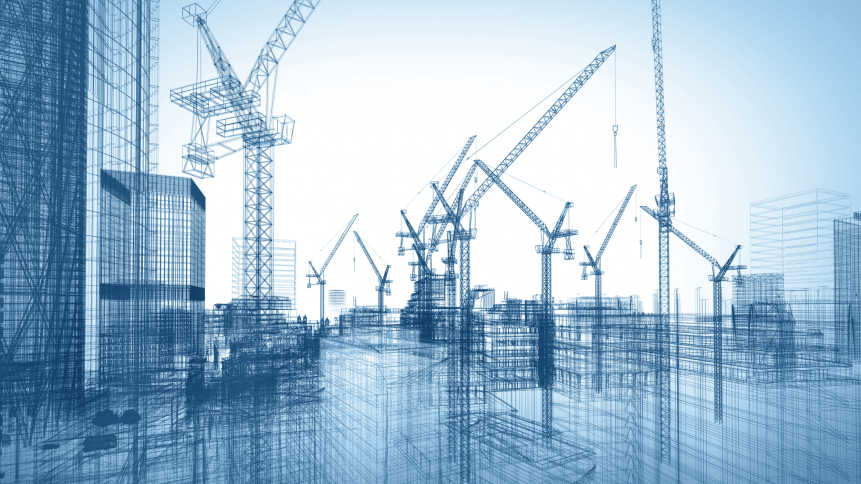Computer vision provides a new view in construction

- AI and machine learning platforms are providing real-time, high accuracy verification tools that can automatically create extensive digital replicas of construction sites to provide increased quality in documentation and inspection
Any kind of construction project requires heavy investment, and despite proper planning and budgeting, costs can escalate quickly and deeply into the pockets of the companies paying.
A giant industry that is predicted to be worth US$12.7 trillion by 2022, the multi-trillion dollar business isn’t for the faint-hearted.
As businesses try to prevent further disruption in an already turbulent period, the ability to detect and pinpoint exactly where defects in projects emerge as early as possible could save organizations millions of dollars in revenue.
In a traditionally hands-on way of working, being physically present on a job site is usually required of general contractors and real estate developers. Verification of work being done correctly to a strict deadline is paramount, and while photographs and images have been used in the past to document a project’s progress, imperfect solutions have often led to terrible project delays and inaccurate records.
In addition, contracts for large construction projects regularly require photographs for documentation, however, these rarely capture the progress of an entire site.
To offset inefficient project management and delays in project completion, new digital solutions are coming to life.
Digital solutions
By simply putting 360-degree cameras on hardhats, users can map photos automatically to create all-encompassing digital replicas of construction sites.
The results are similar to a Google Streetview experience that enables people to tour worksites remotely at any recorded time, and with the help of additional analytics solutions, progress can also be tracked to search for specified objects on job sites.
“The core product we have today is a simple idea: It allows our customers to have a complete visual record of any space, indoor or outdoor, so they can see what’s there from anywhere at any point in time,” said Jeevan Kalanithi, co-founder and CEO of OpenSpace – a startup that has so far helped customers map more than 1.5 billion square feet of construction projects that include hospitals, football stadiums, bridges, and large residential buildings.
Besides providing increased quality in documentation and inspection, OpenSpace extends the ability to transport back and forth seamlessly throughout a project’s timeline.
“They can teleport into the site to inspect the actual reality, but they can also see what was there yesterday or a week ago or five years ago. It brings this ground truth record to the site,” added Kalanithi.
Other platforms emerging within the construction industry include SiteAware, a construction verification system using machine learning (ML) and artificial intelligence (AI) to provide real-time, high accuracy verification tools through a digital twinning engine.
YOU MIGHT LIKE

Taking a peek into the construction site of the future
Paired with AI anomaly detection, SiteAware digitally scans buildings under construction to create a highly accurate 3D model of a verified area. Once the model is scanned, it is then verified against approved construction plans to highlight inconsistencies between plans and fieldwork, which result in a comprehensive overview to highlight anomalies for field teams to make required adjustments.
“In construction work, it’s not always possible to repair mistakes, and to correct them at the end of the project costs a lot of money. Our advantage is that we check all the building elements in real-time such as if construction, piping, and electricity are in place, said CEO and co-founder Zeev Braude in an interview with Globes, before adding, “mistakes in the building can lead to losing space or problems in the frame or leaks inside the building, which cause damage worth tens of millions of dollars.”
It is hoped that digital solutions with the assistance of AI and ML can be applied to real-world scenarios that can not only help construction companies, but whole industries involving any type of engineering to increase accountability, while minimizing unnecessary travel, and reduce risks with optimized efficiency.









